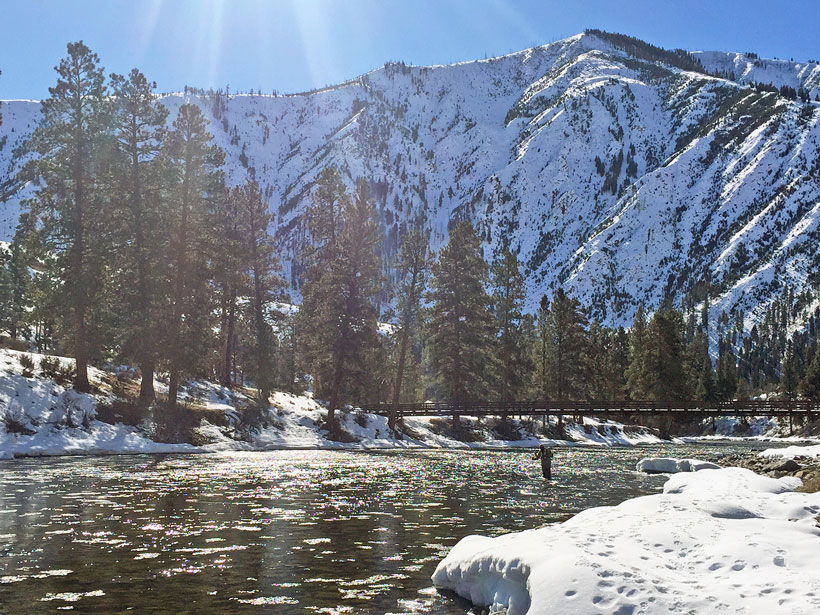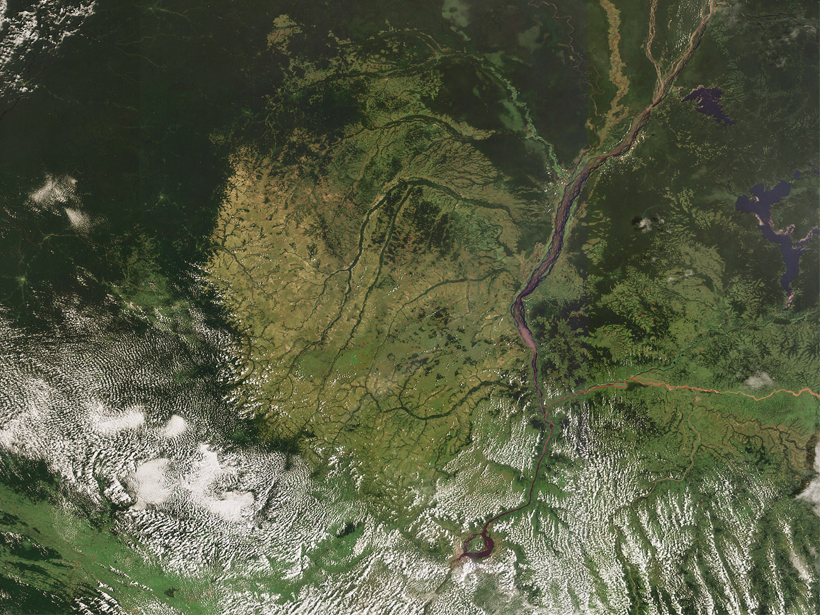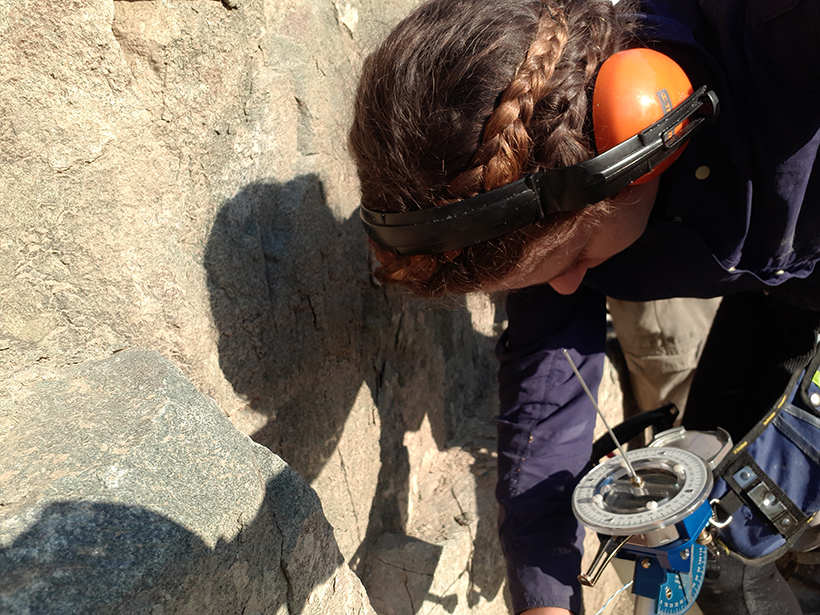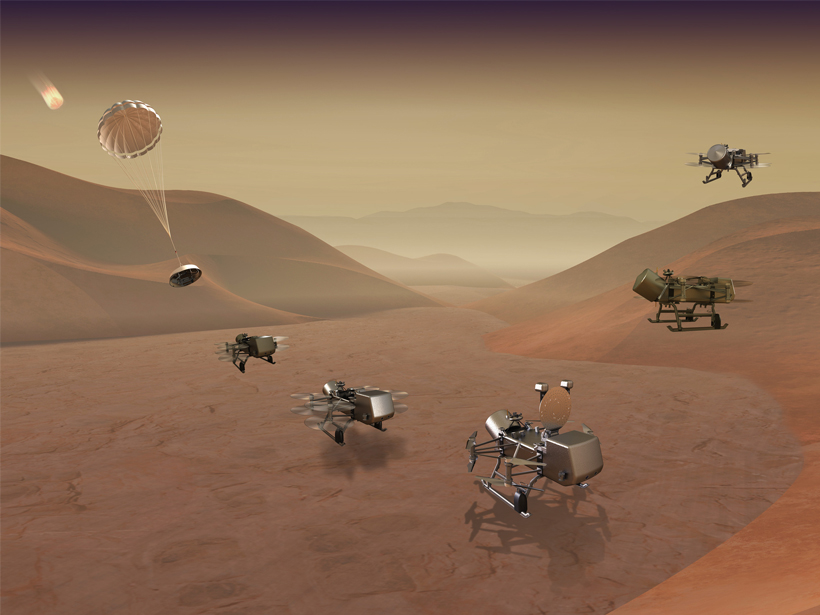Intertidal zones support biodiverse habitats but have lost serious ground in recent decades to development, erosion, and sea level rise.
Kimberly M. S. Cartier
Kimberly M. S. Cartier, Senior Science Reporter for Eos.org, joined the Eos staff in 2017 after earning her Ph.D. studying extrasolar planets. Kimberly covers space science, climate change, and STEM diversity, justice, and education
Majority of YouTube Climate Videos Promote Nonconsensus Views
Search terms related to geoengineering solutions were almost exclusively about chemtrail conspiracy theories.
Bringing Climate Projections Down to Size for Water Managers
Hydrologists are creating watershed-scale projections for water resources managers and tools that managers can use to plan for the effects of climate change.
Congo Rain Forest Endures a Longer Dry Season
The forest’s dry season has been starting earlier and ending later for decades, making parts of it vulnerable to incursions by drought-resistant ecosystems.
Marshall Islands Nuclear Contamination Still Dangerously High
Today’s radiation levels at some locations were higher than in areas affected by the Chernobyl and Fukushima nuclear disasters.
Places to Celebrate Apollo 11’s Fiftieth Anniversary
Apollo 11’s golden anniversary is this weekend, but the celebration lasts all year long.
Scientists Who Selfie from the Field
How did the research trip go? Better check the selfies—I mean, field log.
Recycled Glasses Connect Eclipse Watchers Across the Equator
Instead of throwing them in the trash, millions donated their slightly used eclipse glasses so that others around the world could share the experience.
Apollo’s Legacy: 50 Years of Lunar Geology
Samples of the Moon’s surface brought back by Apollo astronauts ushered in a new era of planetary science. Scientists today continue the legacy.
Spirits Are Flying High for Dragonfly and Titan
We’re sending a mission back to Titan, and it’s time to celebrate.










